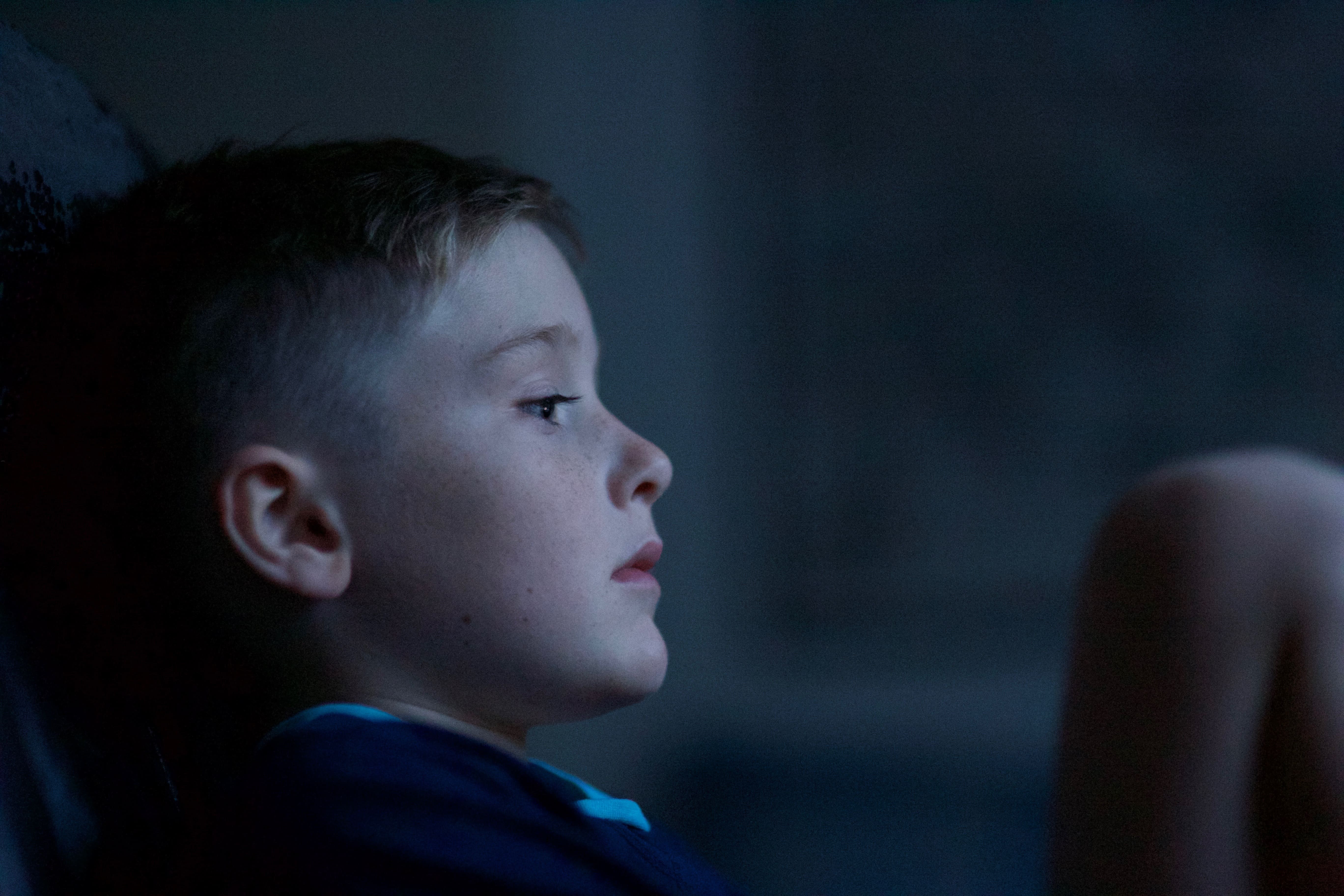It wasn't my fault. I was only a kid. And yet, all my life I carried this shame which has made me build walls and push people away, including my family...
Carlos* went silent, staring into his coffee for what felt like eternity. When he lifted his gaze back to me, his eyes were misty. He seemed to be asking: are you going to blame me too?
No, I wasn't. I was grateful that he had agreed to talk with me about his experience.
Carlos shared how he had been abused by a relative's partner when he was little. He couldn't remember when it started but was sure it went on till he was about 11. Actually, it turned out that at some point that partner had become an ex but still had access to the family home and found ways to corner Carlos when no one else was about.
At age 11, Carlos somehow found the strength to stand up to this perverted adult and put a stop to it. However, he had been robbed of the innocence of youth and grew up pretty quickly, knowing he had to fend for himself, feeling unable to trust and struggling with engaging in and sustaining intimate relationships.
What is borrowed shame?
Shame can vary from shyness e.g., not wanting to speak to or in front of strangers through embarrassment e.g., forgetting something important to acute mortification e.g., feeling that there is something fundamentally wrong with you as a person because of an action or omission .
I see borrowed shame as a psychological wound inflicted upon one person by another - where for instance, an adult abuses a child, and blames the child for it, causing the child to feel not only the wound of their violation but the shame of a wrongful act committed against them - the shame that should have been the abuser's. By projecting their shame on their victim, the abuser does not experience the twinges of conscience that might otherwise cause them to regret their actions and effectively change their behaviour.
You see, shame can be beneficial: it can act as a motivator of sorts, to perhaps help us work towards being an acceptable member of society. Because of our innate desire to belong, we usually would like to feel that we are complying with what is considered acceptable behaviour in the communities that are important to us. This is why abusers like to keep their activities secret, swearing their victims to secrecy; threatening and/or shaming them into silence and compliance.
It is this desire to belong that is perversely used to control, manipulate and abuse others. When a victim of abuse is threatened with exposure by the abuser, the fear of ostracisation keeps the victim silent, and therefore the abuser is 'safe' from the criticism and consequences they hopefully would have suffered if they were found out. I say 'hopefully' because there are also cases where the victim is not believed. This was Melinda's* experience.
Melinda was seven when she was sexually assaulted by a male relative. I could physically feel her rage as she told me her story. When she reported this to her dad - her hero - he'd said to her, "You must be mistaken. He wouldn't have done that... It must be a misunderstanding." Thus, she felt that she had been doubly violated.
Because she wasn't believed, it wasn't investigated, and he wasn't held accountable, allowing her perpetrator to roam free and assault other children for many more years.
Many bearers of borrowed shame experience some the following consequences:
- Broken trust - Melinda's relationship with her parents and authority figures was ruined while Carlos, now in his 40s, has still not mentioned his experience to any member of his family
- Nursing a great desire to hide, resulting in...
- ...difficulties with intimacy
- Building rigid walls in relationships, or...
- ...having little or no boundaries
- An overdrive to achieve, or...
- a lack of motivation to achieve
- Flashbacks
- Vivid memories
- Deep feelings of isolation
- Depression
- Rage
- Self-harm
- Anxiety especially social anxiety
- Phobias
- OCD
Is there any way out?
Fortunately, yes. However, the road can be long and arduous. Carlos and Melinda testified to their respective healing journeys, which have brought them to a much better place today.
Significant landmarks in theirs and others’ journeys of healing are:
- Recognising that it isn’t your fault and that the shame isn’t yours to bear
- Relocating the shame to the rightful owner(s) as often as necessary until it loosens its grip on you
- Deliberately stepping out of the shadows even when it is difficult to do so
- Cultivating healthy and healing relationships
- Hanging out with those that support your sense of agency and self-worth
- Applying wisdom with your boundaries - loosening those that are fixed walls and firming up those that are paper thin as necessary… No one size fits all
- Learning to trust yourself
- Learning to use your voice
- Seeking professional help where necessary
Remember, because it is borrowed, you can give it back. Even though it is hard. If you need that professional support along the way please contact a counsellor, especially one who works relationally.
*Names and identifying circumstances have been changed to protect privacy. Carlos and Melinda have given their permission for their stories to be shared.







